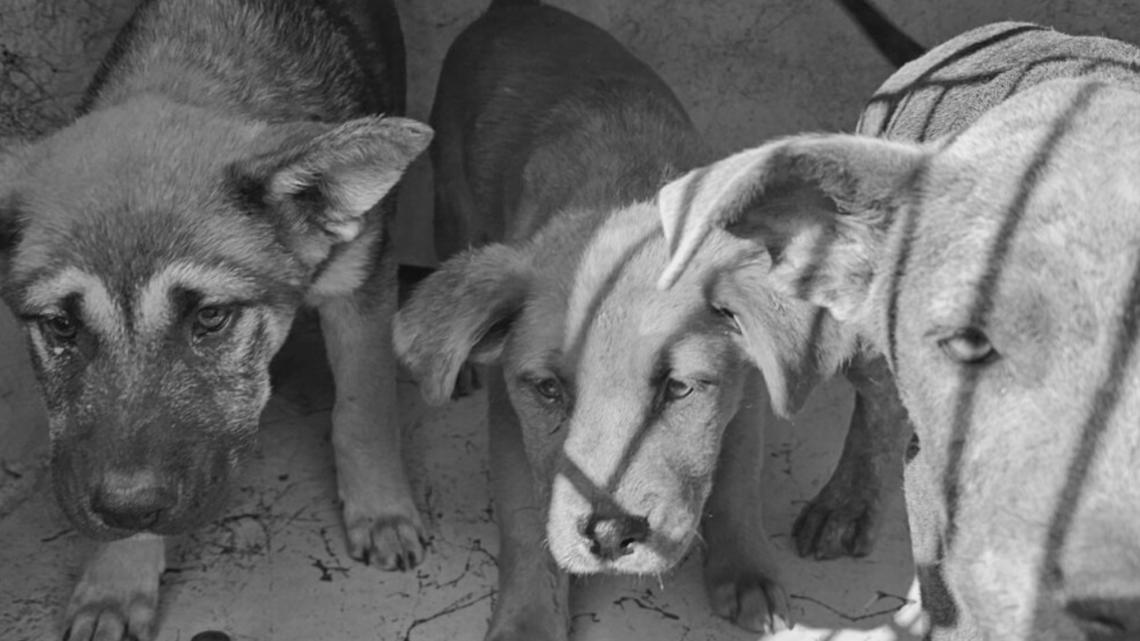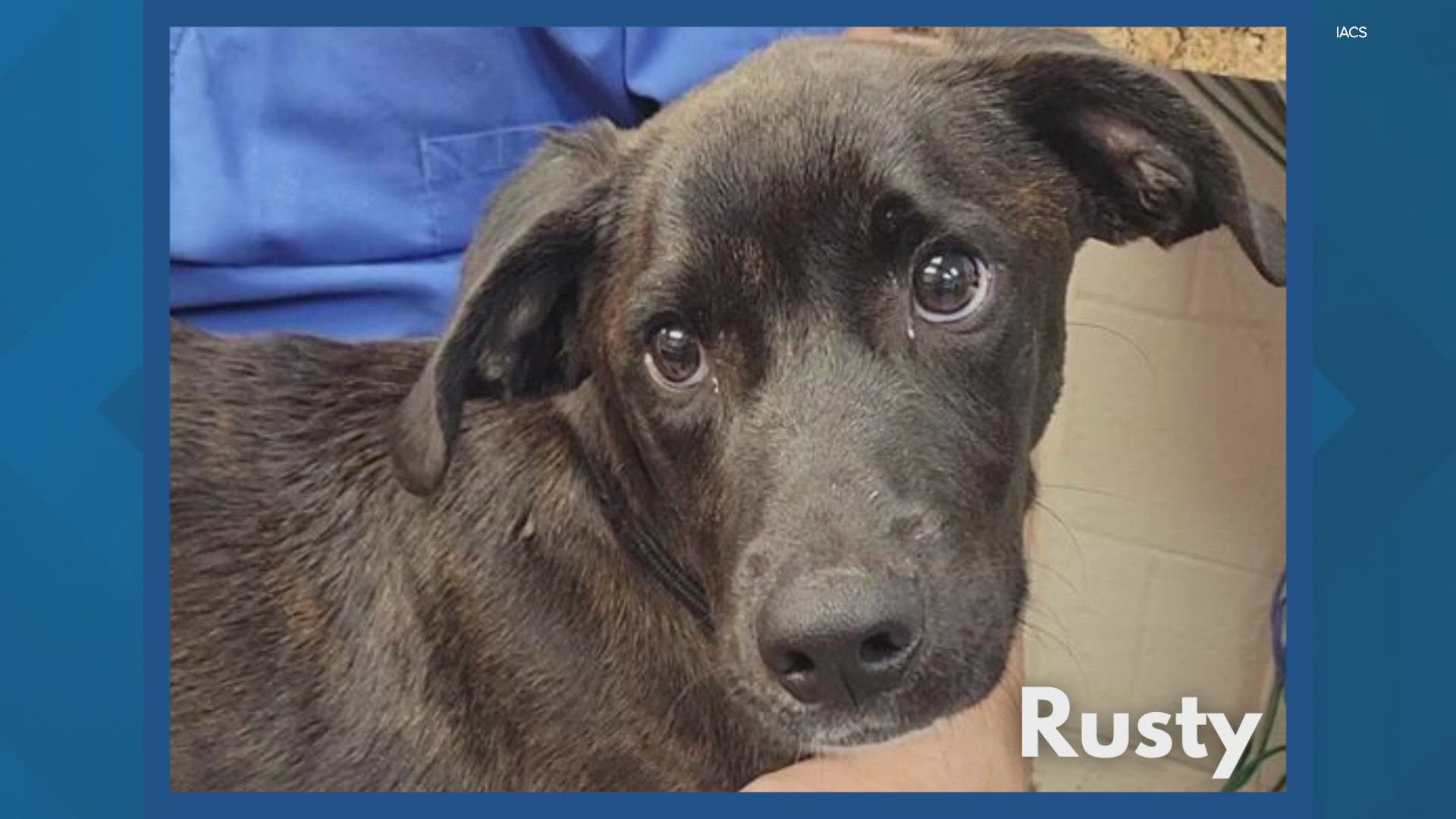INDIANAPOLIS — Indianapolis Animal Care Services Rescue is asking for emergency help after several areas of the shelter were exposed to parvo.
Canine parvovirus, better known as "parvo," is a potentially deadly virus that is especially dangerous to puppies.
IACS has posted a webpage with the dogs who have been exposed and need emergency placement.
There are 20 puppies that are especially vulnerable. You can reach out to iacsrescue@indy.gov if you can take even a single puppy.
A city spokesperson says a dog with parvo was brought into the shelter before the shelter knew the dog was infected. The dog's owner was trying to surrender them.
Canine parvovirus is caused by canine parvovirus type 2 (CPV-2) and “attacks white blood cells and the gastrointestinal tract of dogs and other canids like coyotes, wolves and foxes,” the American Veterinary Medical Association says.
Just last week, 10 puppies at IACS had to be euthanized because of parvovirus. The shelter wrote that "Leaving them in the shelter overnight would endanger all of the other animals in our care."


RELATED: New Indianapolis Animal Care Services shelter to be more than double size of current location
You cannot catch parvovirus from a dog. Humans can get parvovirus, but it is a different strain than the one that infects dogs.
Canine parvovirus is typically spread through direct contact with an infected dog, its feces or a contaminated surface, the AVMA adds.
The parvovirus that infects humans is parvovirus B19. This version of the virus can be spread “through airborne droplets when an infected person coughs or sneezes” or “through blood or contaminated blood products,” Cleveland Clinic says.
Parvovirus B19 most commonly impacts elementary school-aged children, according to Mayo Clinic. It’s usually asymptomatic or mild. But people who are pregnant, have a weakened immune system or have certain blood disorders are more susceptible to complications, like severe anemia, Mayo Clinic says.
Symptoms of a parvovirus B19 infection can include headaches, low-grade fever and upset stomach. In children, parvovirus can also cause fifth disease, which results in a pink or red rash on the cheeks. This typically appears four to 14 days after infection and can last for several weeks, Cleveland Clinic says. People are no longer contagious once a rash appears.

